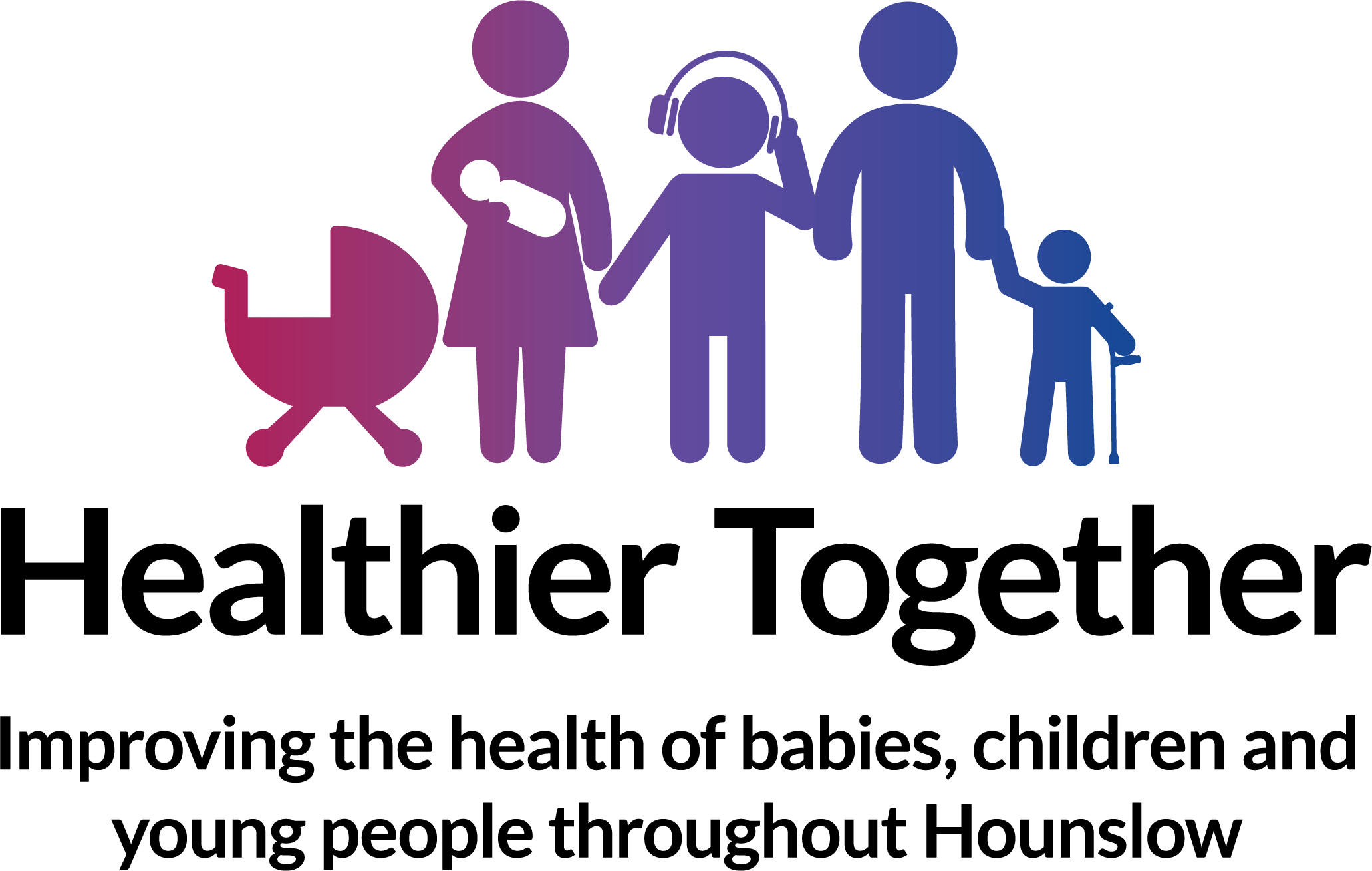Oral health for junior school age (7 to 11)
How to brush your teeth
Key messages
- Children aged three and over should use a pea-sized amount of toothpaste containing 1350-1500ppm fluoride. Most own brand supermarket toothpastes are suitable and more affordable
- Choose a toothbrush with a small head. Grown up toothbrushes can be too big
- Children should be supervised until they are at least 7 years old to make sure they are brushing correctly and using the right amount of toothpaste
- Brush all the surfaces of the teeth and gumline in small circles for around two minutes, at least twice a day - just before bedtime and at another time that fits in with your routine
- Spit out the toothpaste and do not rinse
- Make sure you visit the dentist regularly to spot any signs of tooth decay
Visiting the Dentist
Key messages
- Children should have a regular check up at the dentist at least once every year
- NHS dental treatment is free for children under the age of 18 or under 19 in full-time education
- Some adults can also get free NHS dental treatment - check if you are entitled to free NHS dental treatment by visiting the NHS website
- Going to the dentist regularly helps the child become familiar with the dental environment and allows the dentist to pick up on any problems as early as possible
- The dentist can paint fluoride varnish on children's teeth to protect them from tooth decay. All children over three years old should have it applied at least twice a year and it may be used for younger children at high risk of tooth decay. Parents/carers should ask their dentist about fluoride varnish
- You can find your local dentist by entering your postcode into the NHS website
Tooth Decay
Key messages
- Every time we eat or drink sugary foods, the bacteria in our mouths turns it into acid that attacks our teeth and can cause decay
- Tooth decay can cause pain, infection, sleepless nights, time off school and time off work for parents and carers
- Evidence has shown that applying fluoride varnish onto children's teeth can help reduce tooth decay, especially if accompanied by good tooth brushing habits and a diet low in sugar
- Children with special or medical needs may be more at risk of tooth decay due to difficulties with brushing their teeth and medications that they may have to take
Diet
Key Messages
- Reduce the amount and frequency of consuming food and drink that contains sugar, only give your child sweet foods including dried fruit at meal times
-
Squash sweetened with sugar, carbonated drinks, soft drinks, and juice drinks have no place in a child’s daily diet.
-
Limit the amount of fruit juice and/or smoothies your child drinks to a maximum of 150mls (one portion) in total per day and drink it with meals to reduce the risk of tooth decay
-
Your child should not be using a bottle at this age
-
Always ask for sugar-free medicines
Useful resources
-
The Food Scanner app - be smart about your food choices and check how much sugar your family consumes
- How does sugar in our diet affect our health
Hounslow Oral Health Promotion team
The Hounslow Oral Health Promotion (OHP) team offer a range of tailored educational oral health programmes and materials aimed for children, families, educational settings, and health professionals. Some of the programmes offered are:
-
‘How to Brush’ supervised tooth brushing in schools and nurseries
- Fluoride varnish school dental programme for children aged four to seven years old
- Parents and carers oral health and healthy eating workshops
- SEN schools’ oral health parent/teacher workshops and ‘How to brush’ programme for children
- Training all front-line staff working with children to be ‘Tooth Champions’ and providing them with tools and materials to enable them to spread the key oral health messages
-
Hounslow Zoom Meetings. For the next Hounslow Zoom events, please contact the OHP Team.
-
Contact Details:
Special care dentistry
Most dentists can treat children with special needs in their surgery, however some children may not be able to get to their dental practice because of a disability or medical condition. In this case, the dentist should refer the patient to a more specialised dental service.
These are commonly provided by community dental services.
Examples of children who may need a community dental service include those with:
- Severe anxiety and not able to cooperate, or who may need a general anaesthetic
- Physical or learning disabilities
- Medical conditions that require special provision
- 'Looked after' children
Ask your dentist what is needed for a referral and if it is suitable for your child
To find about more about community dental care in your area, contact NHS England on 0300 311 2233
Parent, Patient and Carer Information
Oral Health Foundation: Dental Care for People with Special Needs
NHS UK: Dental Treatment for People with Special Needs
Documents
 BSPD - Advice for parents of children with autism
BSPD - Advice for parents of children with autism
 Oral Health Aids and Resources for Special Needs - Information for Parents and Carers
Oral Health Aids and Resources for Special Needs - Information for Parents and Carers
Dental Trauma
If your child knocks out a baby or adult tooth (even if you cannot find the tooth) or damages a tooth, you should always request an emergency dentist appointment.
You can find your local dentist by visiting the NHS website.
If your child knocks out or breaks a baby tooth, do not attempt to put the tooth back in place. Simply put the tooth or piece of tooth in milk or saliva and take it with you to the dentist.
If your child knocks out or breaks an adult tooth, you can try to put the tooth back in; if not, place in milk or saliva and take with you to the dentist.


